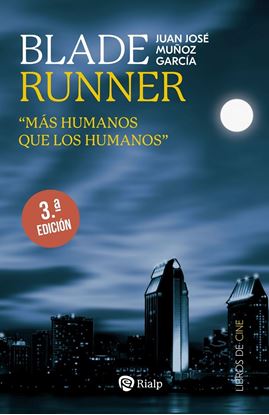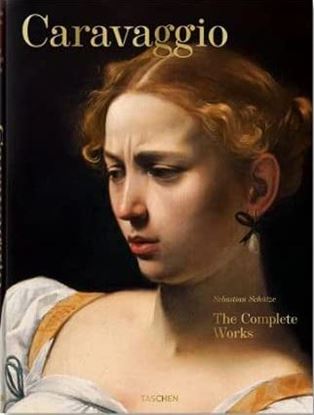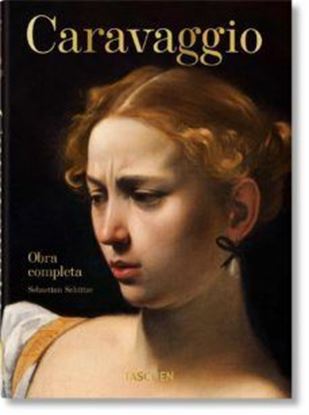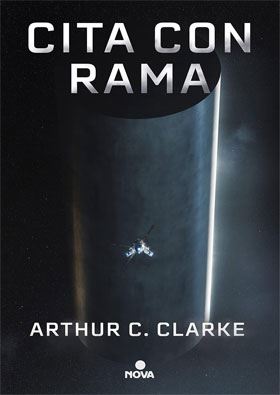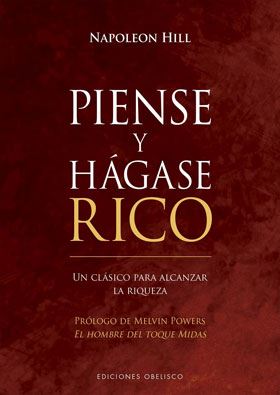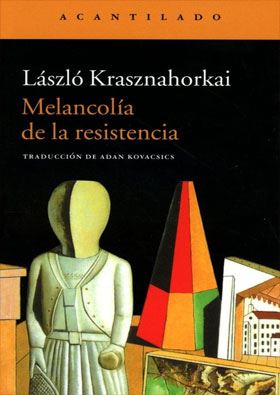

BLADE RUNNER
Blade Runner es una obra maestra del celuloide y una película de culto que, de un modo casi imperceptible, se ha ido consolidando como un clásico en la historia del séptimo arte. Todo ello, gracias a una estética sugerente, que marcó un hito en el género de ciencia ficción, y a una interesantísima reflexión sobre el origen del ser humano y su destino, los riesgos de la manipulación genética y la fugacidad de la vida.
El buen cine no envejece. Y en este caso, menos aún, por el mítico año 2019 en el que transcurre la trama, todavía cercano. En este libro, el autor ofrece claves sobre el guion, los personajes, las metáforas visuales y los temas de fondo, que ayudan a comprender y a disfrutar de este gran clásico, ahora con continuación en la gran pantalla.
650
BOB CREWE. SIGHT AND SOUND (OF3)
The first book to explore the extraordinary musical life and remarkable paintings of one of America's greatest ever songwriters.
Best known for having written and produced some of the seminal records of American popular culture--from 'Big Girls Don't Cry' for the Four Seasons to 'Silence is Golden' for the Tremeloes and 'Lady Marmalade' for LaBelle--Bob Crewe was a multifaceted artist for whom a passion for painting and the visual arts provided a lifelong counterbalance to music.
Collected here are more than 80 of Bob Crewe's artworks, stretching from his first forays into abstract expressionism in the 1950s and 1960s to more complex, tactile compositions made on his full-time return to painting in the 1990s--accompanied by archival images and ephemera that reflect Crewe's simultaneous contribution to popular music.
Essays by Jessica May and Peter Plagens explore the development of an artist whose influences ranged from Rauschenberg and Johns to Warhol and Bacon; legendary record producer Andrew Loog Oldham captures the period of radical experimentalism in which Crewe wrote many of the most memorable songs in the canon of modern pop; and Donald Albrecht's introduction ties together the many complementary aspects of Crewe's personal and creative lives.
299
BRUCE SPRINGSTEEN. LA HISTORIA
Desde comienzos de la década de 1970, Bruce Springsteen canta a Estados Unidos, a su clase trabajadora, a los trotamundos y a los corazones rotos.
Canta a las alegrías y frustraciones de su infancia en Nueva Jersey, al amor, a las mujeres hermosas y a los coches, a la velocidad, a los grandes espacios, a la libertad… Son los protagonistas de "Born to Run", "Thunder Road", "Born In The USA", "The River" o "Streets Of Philadelphia".
Con cien millones de discos vendidos en todo el mundo, Springsteen ha entrado en el círculo de los mejores cantantes de todos los tiempos. Y nadie mejor que él merece ser considerado "el Boss" del rock.
3,500
CABINS (45TH ED.) (INT)
Desde que Henry David Thoreau describiera en Walden o Vida en los bosques (1854) los dos años, dos meses y dos días que habitó en una cabaña en Walden Pond (Massachusetts), la idea de una vivienda refugio ha seducido a la psique moderna. En la última década, con el crecimiento exponencial del consumo de materias primas y el impacto de nuestra huella ecológica, arquitectos internacionales se han interesado por las posibilidades que brinda un tipo de casa aislada, minimalista y de bajo impacto.
Esta edición de Cabañas, que combina un texto en profundidad con abundantes fotografías y brillantes ilustraciones de Marie-Laure Cruschi, explora las oportunidades que brinda este tipo de arquitectura para la creatividad. La cabaña renuncia a los excesos y limita su intrusión espacial a cubrir las necesidades esenciales para vivir, al tiempo que se muestra respetuosa con el medio natural en el que se ubica y prioriza soluciones ecológicas. Así, las cabañas ofrecen algunas de las propuestas más innovadoras y con mayor visión de futuro de la arquitectura contemporánea, de la mano de Renzo Piano, Terunobu Fujimori, Tom Kundig y muchos otros jóvenes profesionales que trabajan en estos espacios refugio.
2,300
CARAVAGGIO (XL) (INT)
Caravaggio, or more accurately Michelangelo Merisi da Caravaggio (1571–1610), was a legend even in his own lifetime. Notorious bad boy of Italian painting, the artist was at once celebrated and controversial: Violent in temper, precise in technique, a creative master, and a man on the run.
This work offers a comprehensive reassessment of Caravaggio’s entire œuvre with a catalogue raisonné of his works. Each painting is reproduced in large format, with recent, high production photography allowing for dramatic close-ups with Caravaggio's ingenious details of looks and gestures.
Five introductory chapters analyze Caravaggio's artistic career from his early struggle to make a living, through his first public commissions in Rome, and his growing celebrity status. They look at his increasing daring with lighting and with a boundary-breaking naturalism which allowed even biblical events to unfold with an unprecedented immediacy before the viewer.
6,500
CARAVAGGIO. OBRA COMPLETA. 40TH ED. (E)
Caravaggio, o para ser más exactos Michelangelo Merisi da Caravaggio (1571-1610), siempre fue una figura de relevancia. El artista, considerado un rebelde de la pintura italiana, fue a la vez alabado y vapuleado. De temperamento violento y tecnica precisa, fue un maestro creativo y un fugitivo de la justicia. En la actualidad se le considera una de las figuras más influyentes de toda la historia del arte.
Esta edición ofrece un ordenado pero exhaustivo catalogue raisonne (catálogo exhaustivo, con todas las obras conocidas) de Caravaggio. Todas sus pinturas se reproducen a partir de fotografías recientes de gran calidad que permiten disfrutar en primera persona del genial repertorio de miradas y gestos del artista y de numerosos detalles de ese personal realismo que traspasaba límites. Los cinco capítulos que lo completan recorren toda la trayectoria de Caravaggio, desde sus primeros encargos públicos en Roma hasta el punto más alto de su celebridad. Asimismo, la detallada cronología del libro repasa su tempestuosa vida personal, en la que lo trágico tuvo el mismo protagonismo que los claroscuros en sus lienzos.
2,200

